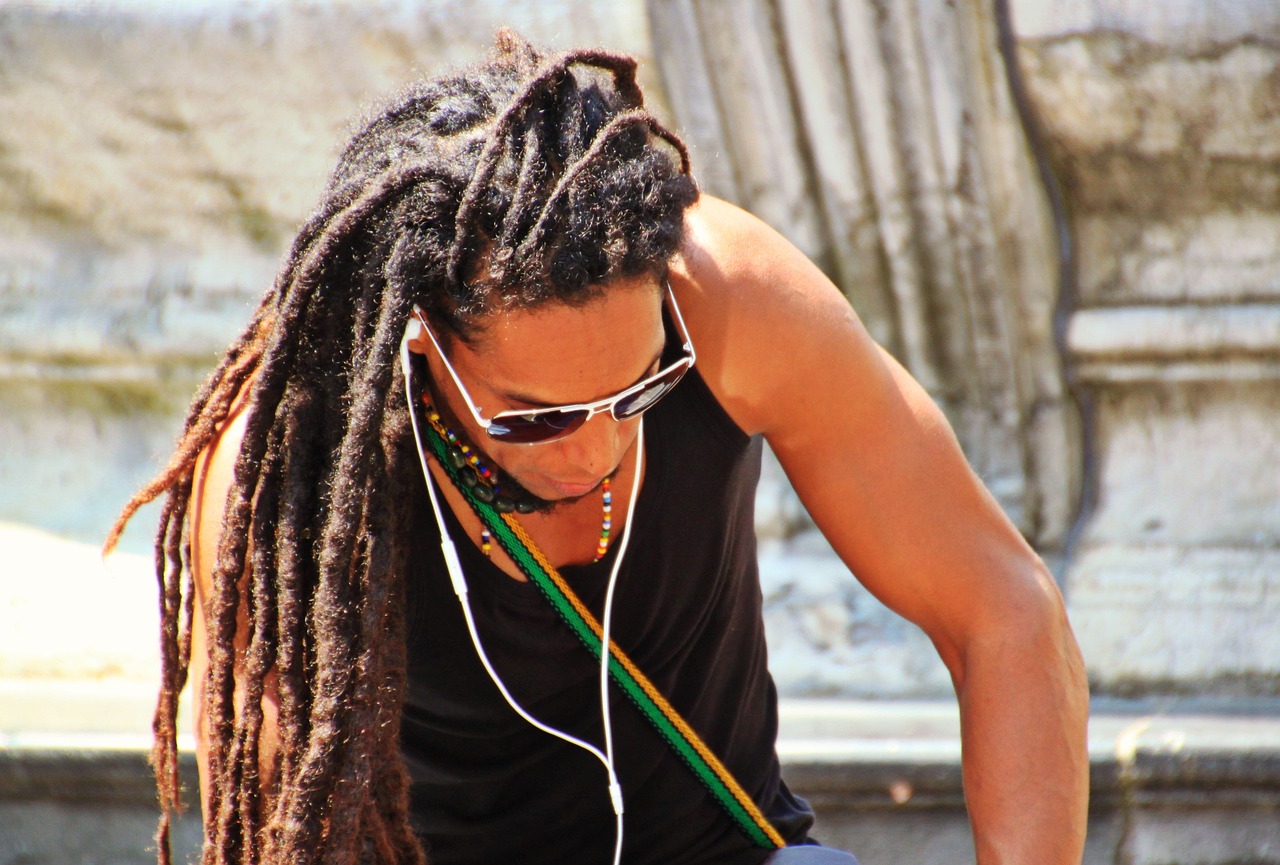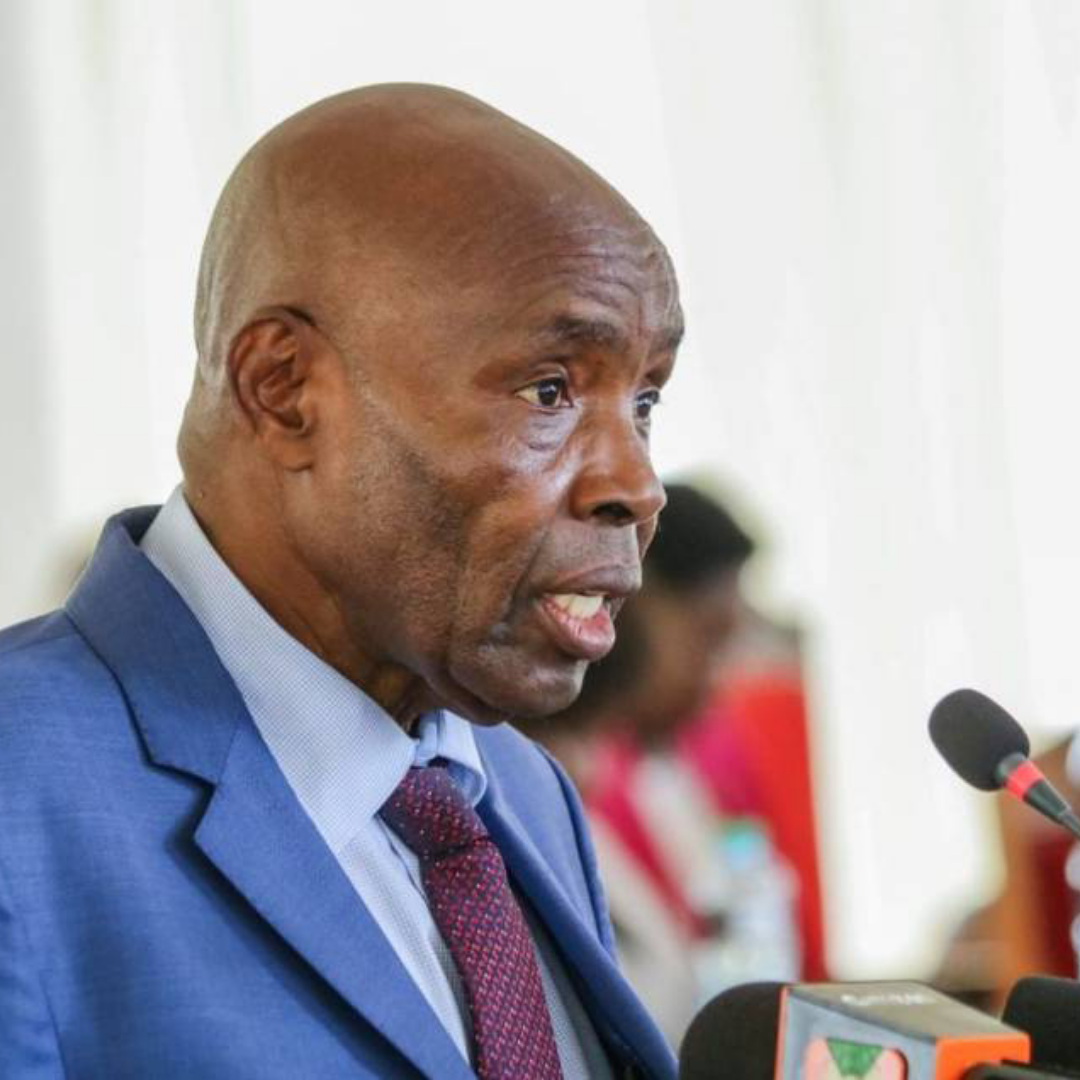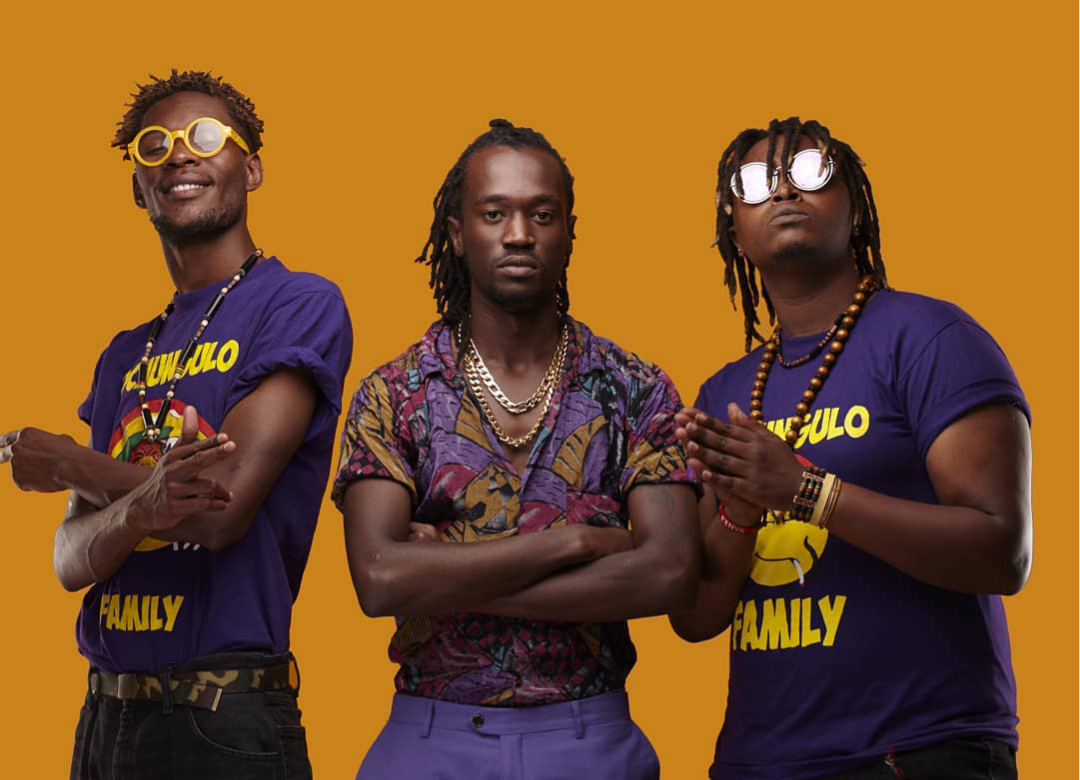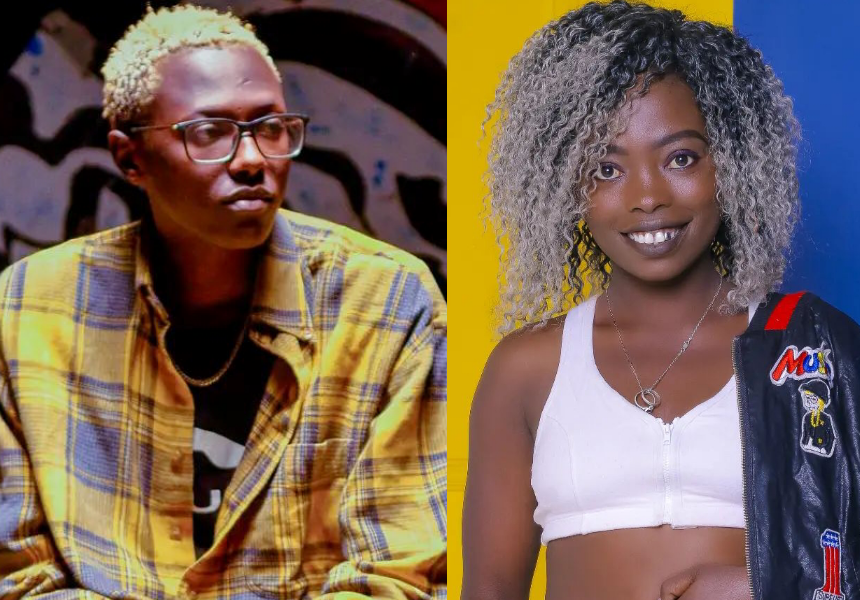
Roots and Culture: Why Reggae Music is Associated with Crime

Reggae music, born in the vibrant cultural landscape of Jamaica, has been cherished and celebrated worldwide for its soothing rhythms, positive messages, and unique style. However, it is regrettable that this genre of music has often been unfairly associated with crime, delinquency, and social unrest. In this article, we aim to debunk these stereotypes and shed light on the rich history and cultural significance of Reggae music, while emphasizing that its association with crime is a misunderstanding that does not reflect its true essence.
The Roots of Reggae
To understand the unjust connection between Reggae and crime, one must first delve into the roots of this musical genre. Reggae emerged in the late 1960s, primarily in the impoverished neighborhoods of Kingston, Jamaica. It was a form of cultural expression for marginalized communities, giving voice to the struggles of the oppressed and the aspirations for a better life. Reggae’s origins are deeply intertwined with the social, political, and economic challenges that Jamaica faced during that time.
The Messages of Reggae
One of the defining characteristics of Reggae is its powerful messages of love, unity, and social justice. Legendary artists like Bob Marley, Peter Tosh, and Jimmy Cliff used their music to promote peace, equality, and the fight against oppression. Songs like “One Love,” “Get Up, Stand Up,” and “The Harder They Come” resonated with audiences worldwide, spreading messages of hope and solidarity.
Reggae’s lyrical themes often revolve around the struggles of everyday life, offering a perspective on the challenges faced by individuals in impoverished communities. While these themes may touch upon crime and violence, it is essential to recognize that Reggae does not endorse criminal behavior. Instead, it seeks to shed light on the root causes of social issues and advocate for positive change.
The Influence of Dancehall
It’s worth noting that the association of Reggae with crime is sometimes linked to a subgenre known as Dancehall, which emerged in the late 1970s. Dancehall music, while sharing some similarities with Reggae, often includes more explicit and controversial lyrics. Dancehall artists, particularly in the ’90s and early 2000s, occasionally used violent or explicit language in their songs, which contributed to negative stereotypes.
However, it is crucial to differentiate between Reggae and Dancehall. While they share a common Jamaican heritage, they are distinct genres with different lyrical and musical elements. Reggae’s core messages of love, unity, and social justice remain distinct from the explicit content often associated with Dancehall.
The Impact of Misrepresentation
The unfortunate association of Reggae with crime has had significant consequences for both the genre and the communities that embrace it. Misrepresentation can lead to discrimination, stigmatization, and misunderstandings about the culture from which Reggae originates. This, in turn, can perpetuate stereotypes and hinder the recognition of the positive contributions of Reggae to music and global culture.









